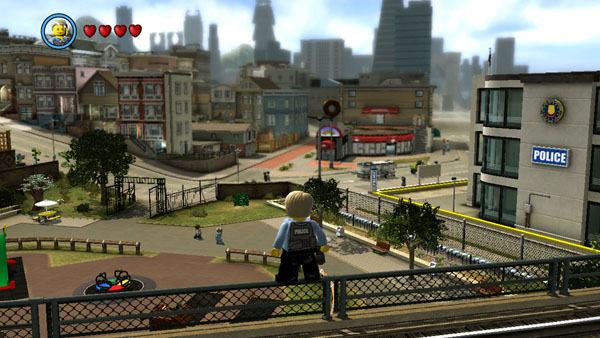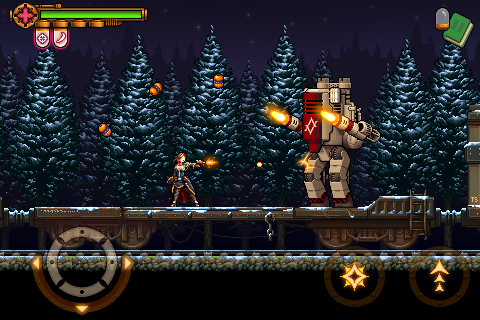 I think video games sometimes forget that their job, at heart, is to be fun. Too many of them, especially those churned out by the largest developers, feel as though they’ve been designed by committee. They attempt to do so much and yet end up appealing to nobody. Those seeking a challenge are turned off by how easy they are, and those seeking escape are turned off by how complicated they are.
I think video games sometimes forget that their job, at heart, is to be fun. Too many of them, especially those churned out by the largest developers, feel as though they’ve been designed by committee. They attempt to do so much and yet end up appealing to nobody. Those seeking a challenge are turned off by how easy they are, and those seeking escape are turned off by how complicated they are.
Games want to be bigger, louder, and more complex. But we don’t play games because they’re big and loud and intimidating…we play them because we want to enjoy ourselves.
I love Lego City Undercover, because “fun” seems to have been its guiding virtue during development. It positively pulses with charm and possibility. It creates a world that’s an absolute joy to explore. And that’s all it does.
Oh sure, you can unlock new vehicles, and switch from costume or costume to unlock new parts of the map. You can find hidden items and compete in races and scale the tallest buildings. But that’s just because you can do anything. This isn’t a game…it’s a universe. And it’s brilliant.
I don’t like that games are so terrified of being themselves that they feel like they have to be everything else at once. I like it when some major title manages to buck the trend simply by saying, “Here’s what I am. I hope you like me…but if you don’t, no hard feelings.”
Because all Lego City Undercover had to do was give us a loveable little Lego man to guide around a fantastically impressive plastic metropolis. Maybe we solve some crimes along the way. Maybe we cause trouble. Or maybe we just climb to the top of the tallest sky scraper and admire the view, appreciating the world of possibility that stretches out in every direction.
It’s always a beautiful day in Lego City. The game doesn’t feel the need to go dark, to take itself seriously, or to worry about how it’s going to be received.
No matter how we feel, Lego life goes on. And that’s exactly the kind of confidence that wins me over.
It’s a great game. I still haven’t seen everything it has to offer, and there’s a reason for that: I’m just enjoying my stay.

